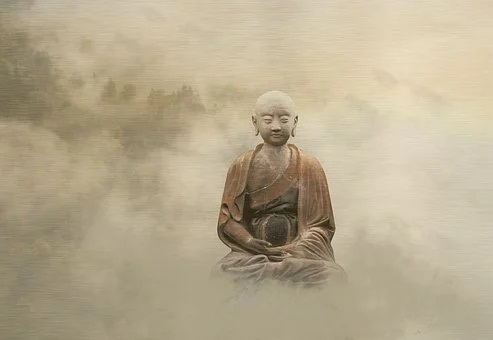he mind is a complex thing -- its continuum, annihilation, basic nature, and development are all governed by special rules. Apart from the Buddha, no one has mastered the way it works. A lot of people have substantial knowledge of the world, but they do not know who they are, what their basic nature is, and where they come from. Perhaps, when science reaches a certain stage of development, it will be able to validate the existence of these rules; until now, it cannot. Only in Buddhism are we able to do so. By way of practice, we can attain this knowledge since our mind is self-knowing. The Ch’an emphasis on knowing the nature of mind is none other than this self-knowing.
~Depicted from ARE YOU READY FOR HAPPINESSS - Suffering is just a Paper Tiger











